Poinsettia Mix, also known as Euphorbia pulcherrima, is a captivating and vibrant collection of Poinsettia plants celebrated for their stunning bracts and festive charm. Originating from Mexico, this popular flowering plant has become a holiday staple, particularly during Christmas, due to its rich colors and ability to brighten up any space. With its lush foliage and striking appearance, the Poinsettia Mix adds warmth and beauty to homes, gardens, and festive decorations.
Appearance
The Poinsettia Mix is characterized by its large, colorful bracts, which are modified leaves that surround the actual flowers. These bracts come in a stunning array of colors, including deep reds, bright pinks, creamy whites, and even variegated patterns. The contrast between the vibrant bracts and the plant’s dark green foliage creates a visually striking display that captivates anyone who sees it.
Typically, Poinsettias grow to a height of 1 to 4 feet, depending on the variety and growing conditions. The small clusters of yellow flowers at the center of the bracts are often overlooked but contribute to the overall charm of the plant.
Growth Habit
Poinsettias are perennial plants that thrive in tropical and subtropical climates. In their natural habitat, they can grow into small shrubs, but when cultivated as houseplants, they are often pruned to maintain a bushy appearance. They are widely appreciated for their versatility, making them suitable for both indoor and outdoor settings.
Cultivation and Care
Caring for a Poinsettia Mix is relatively easy, although it does require specific conditions to thrive. Here are essential tips for successfully growing these vibrant plants:
- Light: Poinsettias prefer bright, indirect light. They thrive in well-lit areas but should be protected from direct sunlight, which can scorch their leaves. A location near a south or east-facing window is ideal.
- Soil: A well-draining potting mix is crucial for Poinsettias. A mixture of peat moss, perlite, and compost helps retain moisture while providing adequate drainage to prevent root rot.
- Watering: Water the plant when the top inch of soil feels dry. Poinsettias prefer slightly moist soil, but overwatering can lead to root rot. Ensure that the pots have drainage holes to allow excess water to escape.
- Humidity: These plants enjoy higher humidity levels. If grown indoors, consider misting the leaves or placing a humidifier nearby, especially during the dry winter months.
- Temperature: Poinsettias thrive in temperatures between 65°F and 75°F (18°C to 24°C). They should be protected from cold drafts and sudden temperature fluctuations, as they are sensitive to cold.
- Fertilizing: During the growing season (spring and summer), feed Poinsettias with a balanced, water-soluble fertilizer every 4 to 6 weeks to promote healthy growth and vibrant blooms. In the fall, reduce fertilization as the plant prepares for its blooming season.
Uses and Benefits
Poinsettia Mix is not only aesthetically pleasing but also offers several benefits:
- Ornamental Value: With their vibrant colors and unique shapes, Poinsettias are perfect for decorating homes, offices, and public spaces, especially during the holiday season. They can be used as centerpieces, in wreaths, or as part of festive arrangements.
- Symbol of Celebration: Poinsettias are synonymous with Christmas celebrations and are often given as gifts, making them a popular choice during the holiday season.
- Air Purification: Like many houseplants, Poinsettias can help improve indoor air quality by filtering out toxins and releasing oxygen, contributing to a healthier living environment.
Common Issues
While Poinsettia Mix is generally easy to care for, it can encounter some common challenges:
- Pests: Watch for common pests such as aphids, whiteflies, and spider mites. Regular inspections and prompt treatment with insecticidal soap or neem oil can help keep the plants healthy.
- Leaf Drop: Sudden leaf drop can occur due to environmental stress, such as overwatering, underwatering, or exposure to cold drafts. Monitoring the plant’s conditions and adjusting care practices can help restore its health.
- Fungal Issues: Overhead watering can lead to fungal problems such as root rot. Ensure good air circulation around the plant and avoid watering the leaves to minimize this risk.

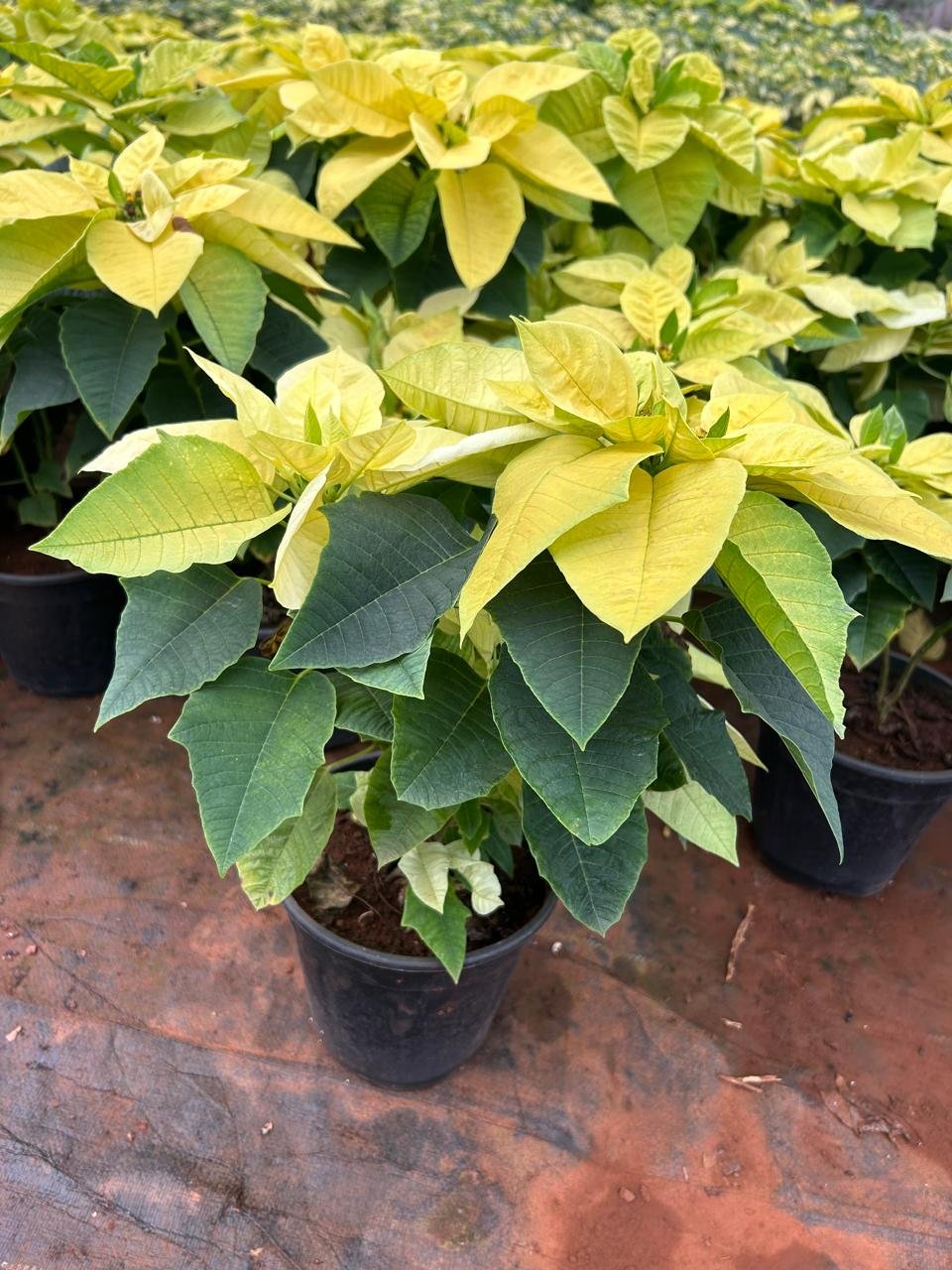
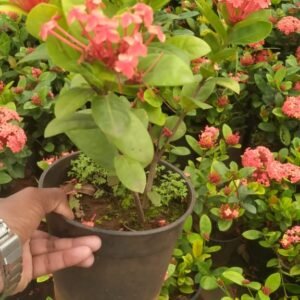
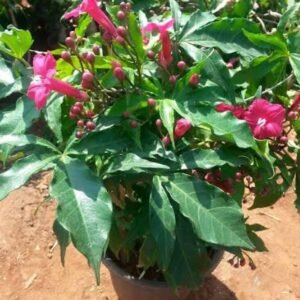
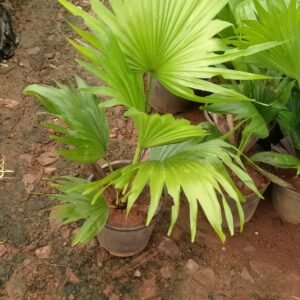
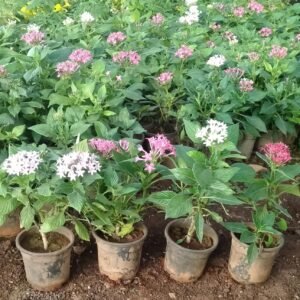
Reviews
There are no reviews yet.